Pharmacy Management Software
April 18, 2024
Home >> Cross Platform App >> Difference Between Native and Cross-Platform Development
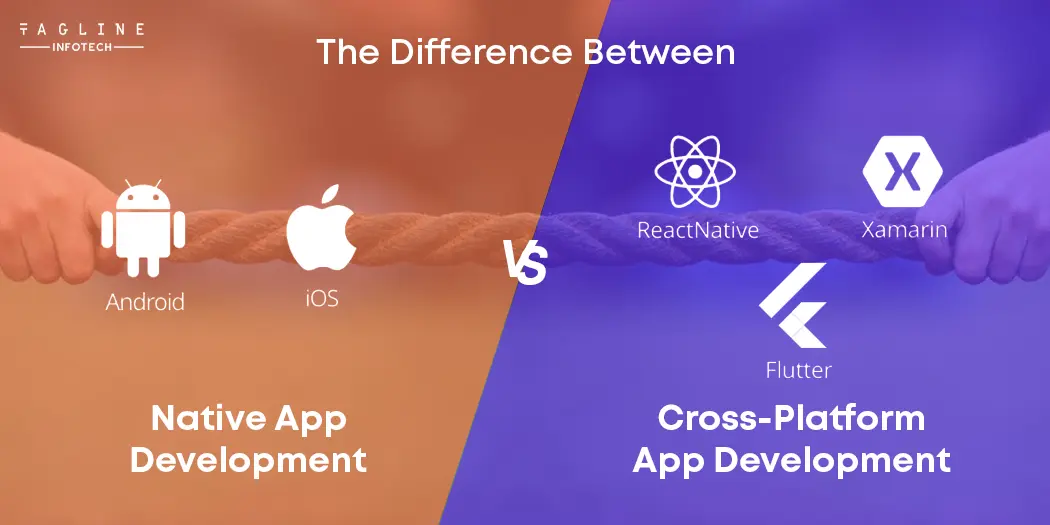
The issue of native vs. cross-platform is an age-old one. It’s a topic that has divided the computer world for years. Many are believed to have discovered the final solution, yet cross-platform and native app development platforms constantly evolve. And, given the ever-changing nature of technology, it’s worth revisiting these issues from time to time to see which of these alternatives is now in the front.
So, let’s commence with the fundamentals.
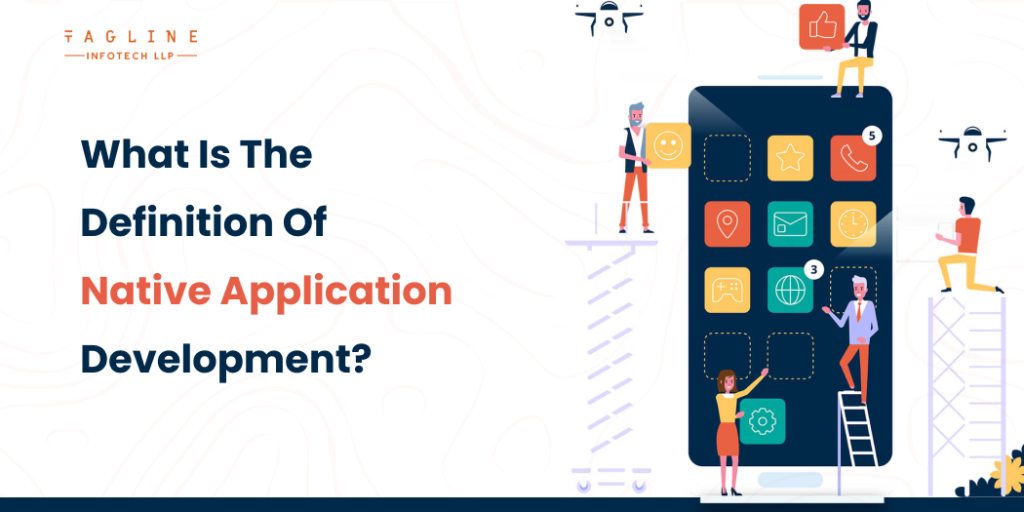
Native app development is creating an application, particularly to a single platform (either iOS, Android, or Windows) to fully utilize all device capabilities such as a camera, gyroscope, compass, GPS, contacts directory, and so on. Native apps are downloaded via an app store. To create a Native app, a developer will often utilize a software development kit (SDK) and an IDE (Integrated development environment) that are unique to the operating system (Android, iOS, or Windows).
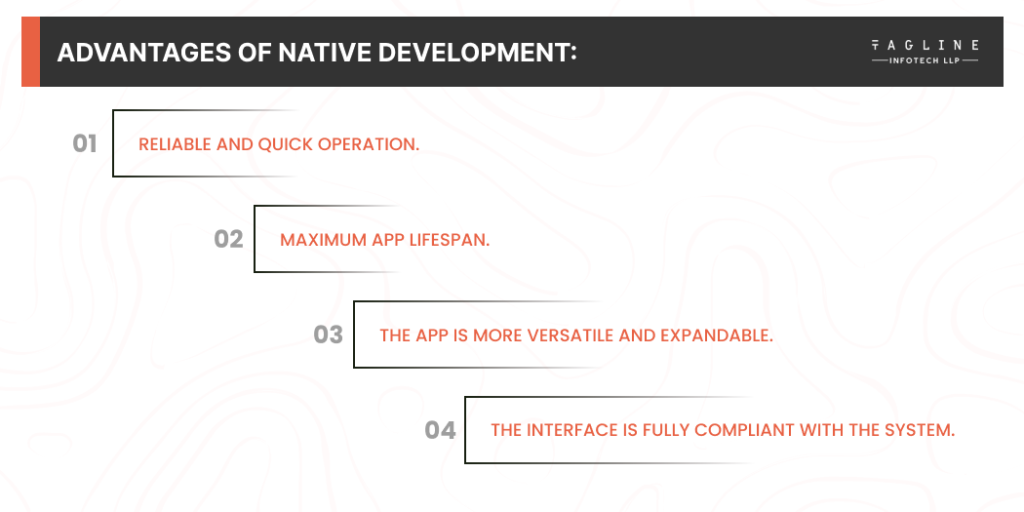
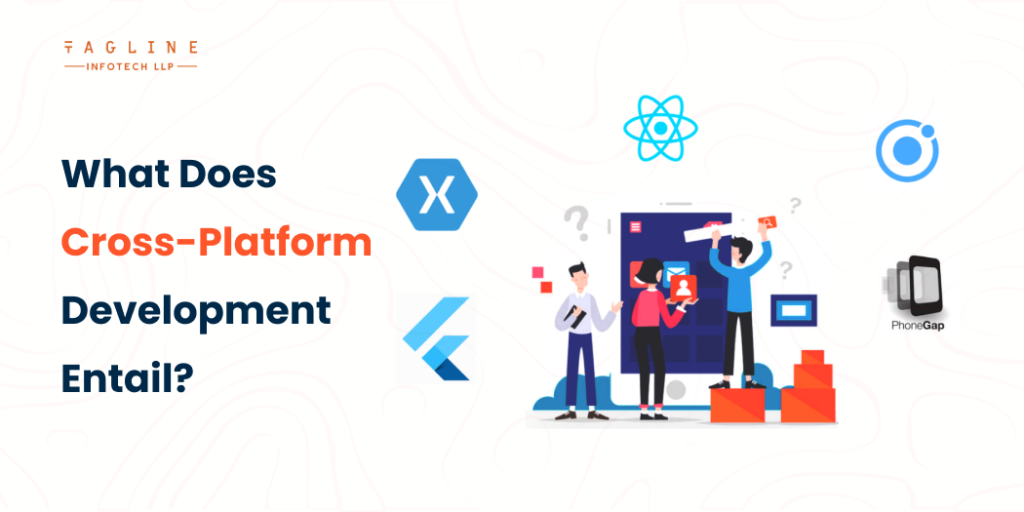
The production of software programs that are compatible with different operating systems is referred to as cross-platform development. Here you can see the meaning of cross platform app development and how it is beneficial for your business. Initially, the challenge of establishing a backend that functioned across various platforms added to the burden of producing applications—although time-consuming and costly, developing native apps for each mobile operating system (OS) was frequently more accessible. The issue was that code written for one os could not be reused for another. A developer will use frameworks such as React Native, Xamarin, Flutter, and others to create a cross-platform application.
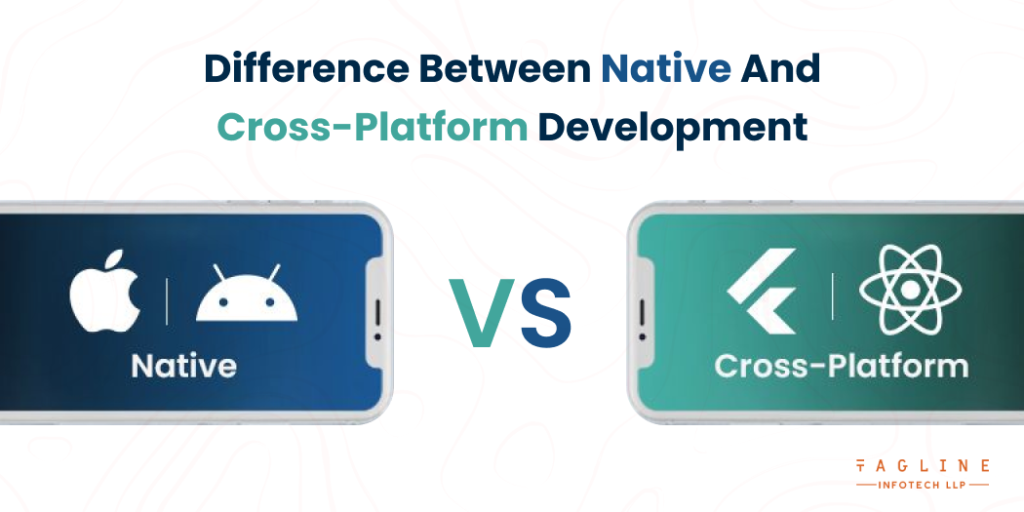
Native apps are designed specifically for a particular platform. These applications are written in a language that is compatible with the os. Apple, for example, likes Objective C and Swift for iOS, but Google favors Java for Android. Developers may take more significant advantage of the inherent characteristics of these systems by using these approved languages. A native app designed for Android will not work on iOS, and conversely.
Cross-platform apps work across many platforms. Because of the dominance of Android and iOS in the marketplace, most cross-platform applications are confined to these two platforms. These applications are written in HTML and CSS since these essential web technologies are system agnostic. There are numerous cross-platform app development tools available to help programmers construct these apps quickly.
Read More – Best Programming Languages for Mobile App Development
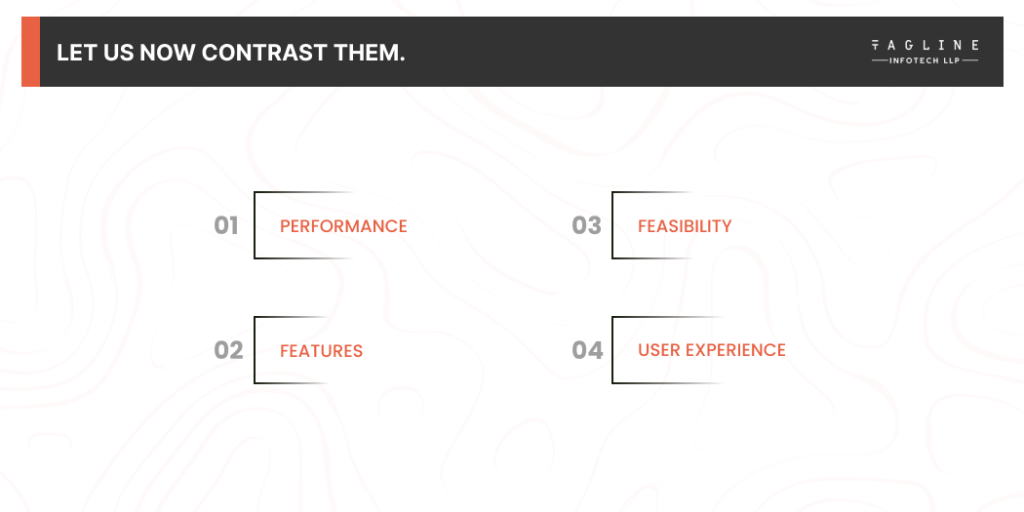
The native application makes the most use of assets and fully exploits the system’s abilities. This implies that native apps are high-performing, quick, intuitive, and far less likely to malfunction. If the programmers are well-versed in the technology they operate, they may optimize native apps to emphasize the platform’s most delicate features and functionality.
Performance problems frequently hamper cross-platform programs. Because they are developed with a one-app-fits-all strategy, it is not uncommon for these applications to behave strangely on specific devices.
Native apps may take advantage of the device’s native features, particularly iOS, which is only available on Apple’s exclusive products. Another advantage of native applications is that they support offline functionality, which is not always achievable with cross-platform programs.
Because they have restricted access to the API, cross-platform applications cannot use the device’s core capabilities. Because they are designed for various devices with varied characteristics, developers often avoid making presumptions about the features that are accessible.
Native application development takes twice as long as cross-platform app development. The cost is considerably higher because it generally necessitates the development of more than one application. Maintenance is both time-consuming and expensive since developers must discover faults and issues for each system and produce appropriate upgrades.
In terms of creation and implementation, cross-platform applications are less expensive. You are spending on a single app, which you will only have to maintain. However, the increased quantity of difficulties and defects might occasionally exceed this gain.
The significance of user experience is growing by the moment, so it is an essential factor to consider while developing an app. Native apps provide a fantastic experience due to improved performance, speed, and device usage. Designers and developers have greater creative flexibility to create visually appealing and functional applications.
While programmers may design cross-platform programs that are intuitive, such capabilities sometimes come at the expense of performance. It is challenging for developers and designers to meet all of the UX requirements of many platforms and devices. Overall, cross-platform apps do not provide a satisfactory customer experience.
You must select a platform that matches your goals, specifications, and intended audience. After discussing with the development team, the ultimate decision should be made. The more discussions you hear about this or that strategy, the merrier.Hope that you understand the difference between native and cross-platform through this blog.
If you have any further queries concerning application development, please feel free to contact us, and we will do our best to assist you! Tagline Infotech is a sophisticated information technology firm specializing in executing end-to-end software and mobile app development services.

Digital Valley, 423, Apple Square, beside Lajamni Chowk, Mota Varachha, Surat, Gujarat 394101
+91 9913 808 2851133 Sampley Ln Leander, Texas, 78641
52 Godalming Avenue, wallington, London - SM6 8NW